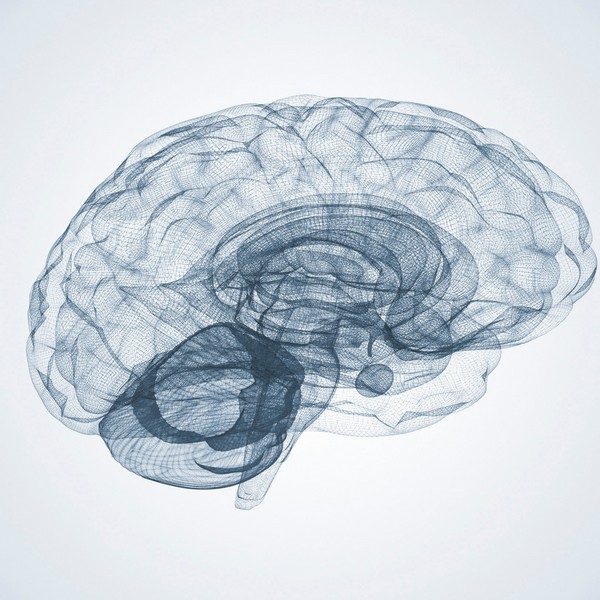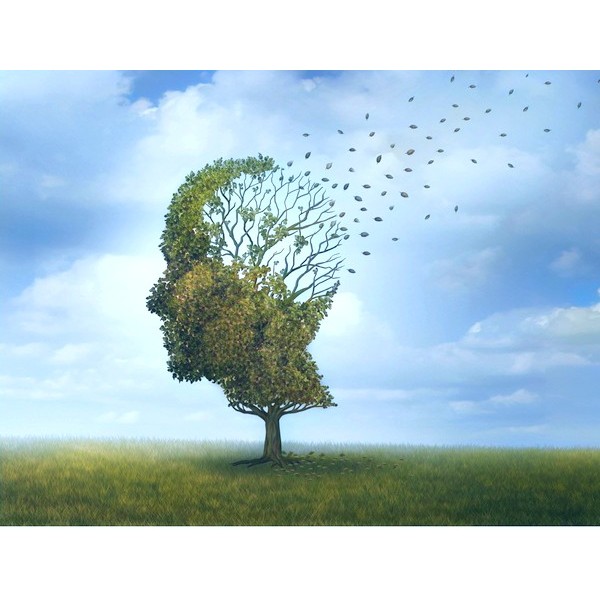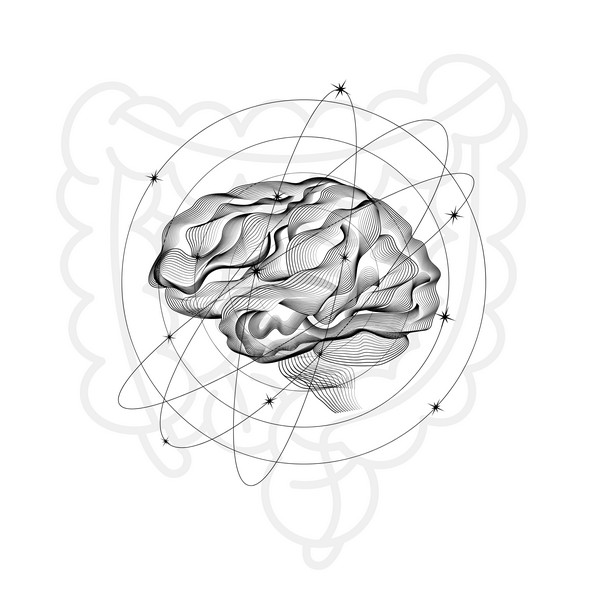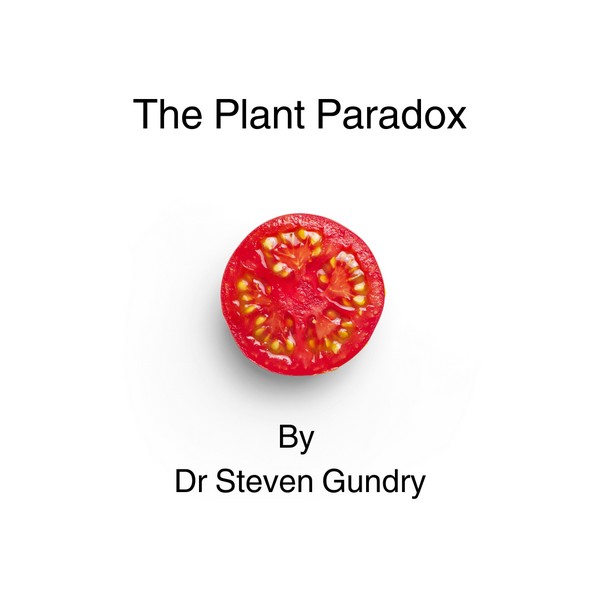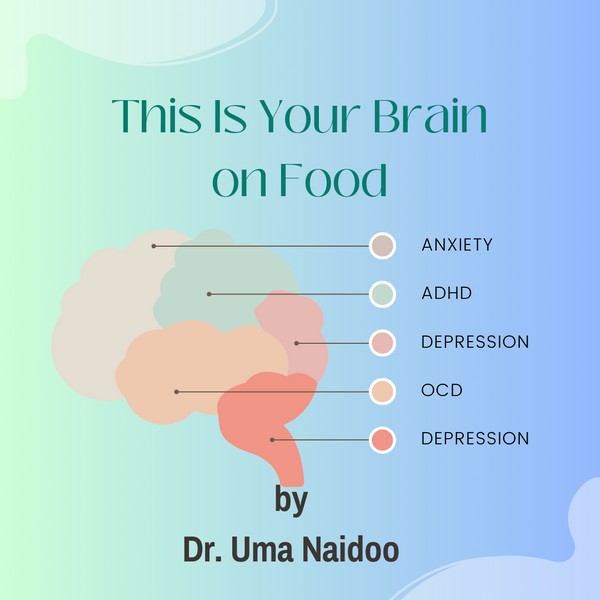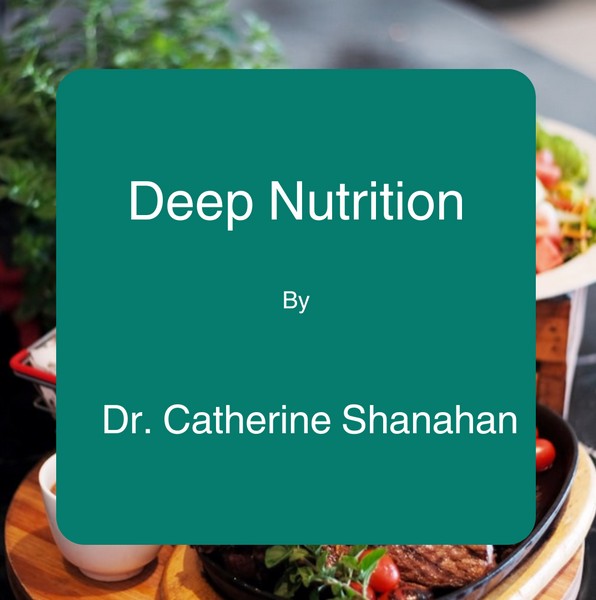Key Takeaways
- Regular exercise, sufficient sleep, and a diet full of bioavailable nutrients support mental health.
- Spending time in nature, like forest bathing and gardening, can improve mental well-being.
- Research links mitochondrial energy production and iron metabolism to depression.
- Depression involves more than brain chemistry, requiring a broader approach to treatment.
Introduction
Dealing with depression can feel overwhelming, but natural remedies offer a path to healing that complements or even reduces the need for conventional treatments.
Exploring these remedies can lead to long-term mental well-being without relying solely on medication.
Mitochondrial Energy Production
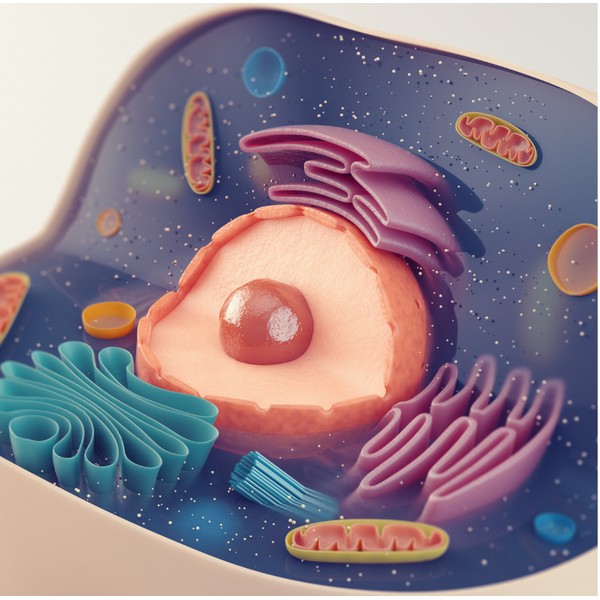
Mitochondria are the energy centers of our cells. When they don’t function properly, energy levels drop, leading to fatigue and contributing to feelings of depression.
- Oxidative Stress: When mitochondria produce too many harmful byproducts, it can damage cells and lead to low mood and anxiety.
- Neuroinflammation: Mitochondrial problems can cause inflammation in the brain, disrupting mood and mental clarity.
- Neuroplasticity: Healthy mitochondria are needed for brain cells to connect and communicate. When they don’t work well, it can affect memory and mood.
Iron Metabolism
Iron is essential for many bodily functions, including mood regulation. Imbalances in iron can impact mental health.
- Heme Synthesis: Iron helps produce hemoglobin, which carries oxygen in the blood. Low hemoglobin can cause fatigue and depressive feelings.
- Neurotransmitter Synthesis: Iron is needed to produce brain chemicals that regulate mood. Too little or too much iron can disrupt this balance.
- Oxidative Stress: Excess iron can damage cells, leading to issues like anxiety and depression.
- Neuroinflammation: High iron levels can cause brain inflammation, worsening depression.
Rather than taking more iron, it’s often better to focus on optimizing copper levels, which help regulate iron in the body.
“copper is an essential trace element in the brain, and serves as an important cofactor for numerous enzymes“
Chen, J., Song, W., & Zhang, W. (2023). The emerging role of copper in depression. Frontiers in Neuroscience, 17. https://doi.org/10.3389/fnins.2023.1230404
Lifestyle Changes for Mental Health

Regular Exercise
Exercise is a powerful tool against depression. It releases endorphins, the body’s natural mood lifters, and can improve energy levels.
Even moderate activities like walking or yoga can make a big difference. Aim for about 30 minutes of physical activity most days of the week.
Healthy Fat and Complete Protein
Diet has a direct impact on mental health. Foods rich in healthy fats and complete proteins, like red meat, poultry, eggs, and seafood, provide the building blocks for brain chemicals that regulate mood.
Omega-3 fatty acids found in fish are especially beneficial for brain health.
Sufficient Sleep
Good sleep is essential for mental well-being. Aim for 7-9 hours of sleep each night. Create a calming bedtime routine, like dimming lights and avoiding screens, to help your body wind down.
Mind-Body Practices for Mental Well-being

Meditation
Meditation can significantly reduce stress and improve emotional health. It helps clear the mind and brings a sense of calm. Just a few minutes of meditation each day can lead to noticeable benefits.
Yoga
Yoga combines movement, breathing, and meditation, making it a powerful practice for reducing anxiety and improving mood. It’s accessible to all fitness levels and can be done at home or in a class setting.
Tai Chi
Tai Chi, often called “meditation in motion,” involves slow, deliberate movements that help relax the mind and body. It’s effective for reducing stress and enhancing overall well-being.
Aromatherapy

Aromatherapy oils, when inhaled, can stimulate areas of the limbic system, a part of the brain that plays a role in emotions, behaviors, and long-term memory.
For those wrestling with depression, oils such as lavender, bergamot, and sandalwood can be particularly beneficial.
They’re known to reduce stress, ease anxiety, and elevate mood, serving as natural allies in the battle against depression.
Connecting with Nature
Forest Bathing
Spending time in nature, especially in forests, can lower stress and improve mood.
This practice, known as forest bathing, involves immersing yourself in a natural environment and taking in its sights, sounds, and smells. It’s a simple yet effective way to boost mental wellness.

Gardening
Gardening is another way to connect with nature and improve mental health. The act of planting, nurturing, and watching plants grow provides a sense of accomplishment and reduces stress.
Whether it’s a small balcony garden or a large backyard, getting your hands in the soil can be therapeutic.
Supplemental Interventions

Certain supplements can support mental health and help manage depression.
- Copper: Essential for regulating iron in the body, which affects mood and mental health.
- Magnesium: Involved in over 300 biochemical reactions, magnesium helps reduce symptoms of depression and anxiety.
- Cod Liver Oil: Rich in omega-3 fatty acids and vitamin D, which support brain function and mood.
- Nutritional Yeast: Provides B vitamins that are important for brain function and mood regulation.
- St. John’s Wort: A herbal supplement known for its ability to alleviate mild to moderate depression.
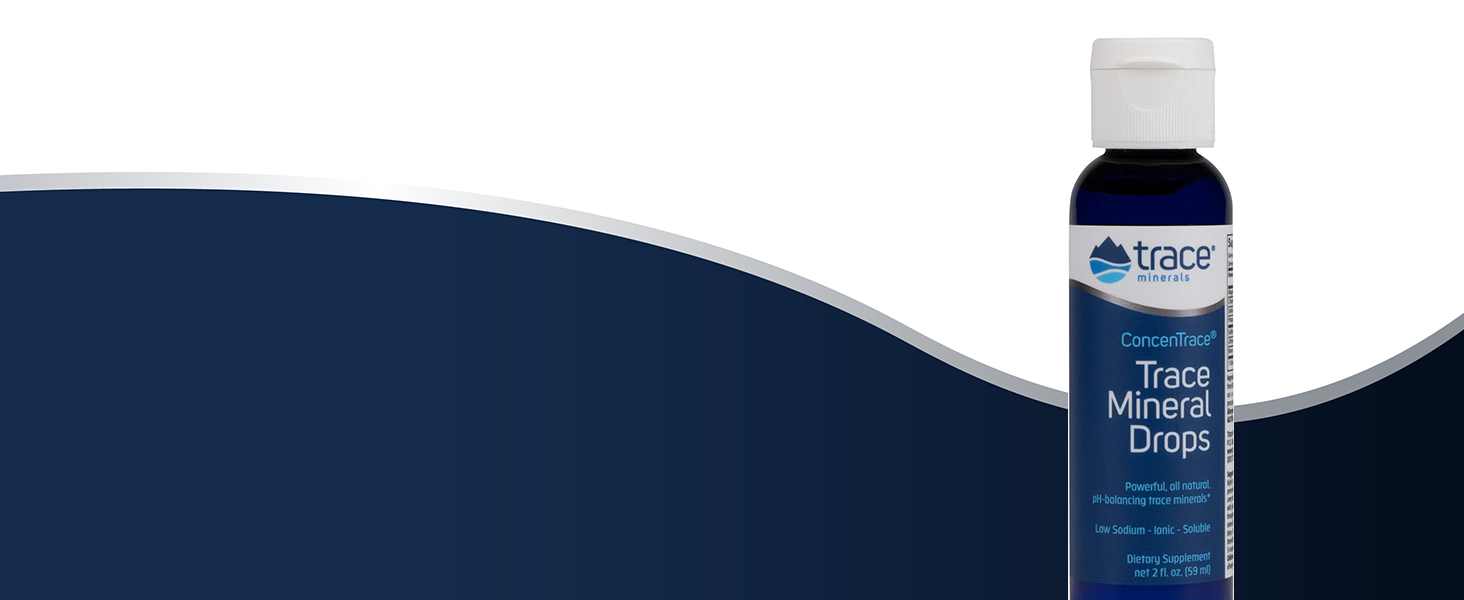
Conclusion
Depression is a complex condition, but natural remedies offer a holistic approach to managing it. Incorporating practices like exercise, a healthy diet, quality sleep, and connecting with nature can make a significant difference. Supplements may also provide additional support. These remedies should complement, not replace, professional care. Always consult with a healthcare provider before making significant changes to your treatment plan.
FAQs
What are the best natural remedies for depression?
Regular exercise, quality sleep, a diet rich in animal products, and time spent in nature are among the most effective natural remedies for depression.
How does diet impact depression?
A diet high in animal fats and proteins provides essential nutrients that support brain health, helping to regulate mood and reduce symptoms of depression.
Can supplements help with depression?
Yes, supplements like omega-3s, vitamin D, magnesium, and St. John’s Wort can support mental health and help alleviate symptoms of depression.
Is it safe to rely on natural remedies alone for treating depression?
Natural remedies can be very effective, but they should not replace professional care. It’s important to consult with a healthcare provider to create a balanced treatment plan.
How does spending time in nature improve mental health?
Spending time in nature, through activities like forest bathing or gardening, reduces stress, lowers cortisol levels, and improves mood, offering a natural boost to mental health.
Research
Alvarez-Mon, M. A., Ortega, M. A., García-Montero, C., Fraile-Martinez, O., Monserrat, J., Lahera, G., Mora, F., Rodriguez-Quiroga, A., Fernandez-Rojo, S., Quintero, J., & Alvarez-Mon, M. (2021). Exploring the Role of Nutraceuticals in Major Depressive Disorder (MDD): Rationale, State of the Art and Future Prospects. Pharmaceuticals, 14(8). https://doi.org/10.3390/ph14080821
An Y., Li S., Huang X., Chen X., Shan H., Zhang M. (2022). The role of copper homeostasis in brain disease. Int. J. Mol. Sci. 23:13850. doi: 10.3390/ijms232213850, PMID: https://www.ncbi.nlm.nih.gov/pmc/articles/PMC9698384/
Bo, S., Durazzo, M., Gambino, R., Berutti, C., Milanesio, N., Caropreso, A., Gentile, L., Cassader, M., Cavallo-Perin, P. and Pagano, G., 2008. Associations of Dietary and Serum Copper with Inflammation, Oxidative Stress, and Metabolic Variables in Adults ,. The Journal of Nutrition, [online] 138(2), pp.305–310. https://doi.org/10.1093/jn/138.2.305.
DiNicolantonio, J.J., Mangan, D. and O’Keefe, J.H., 2018. The fructose–copper connection: Added sugars induce fatty liver and insulin resistance via copper deficiency. Journal of Metabolic Health, [online] 3(1).
https://doi.org/10.4102/jir.v3i1.43.
Fernandes, B. S., Salagre, E., Enduru, N., Grande, I., Vieta, E., & Zhao, Z. (2022). Insulin resistance in depression: A large meta-analysis of metabolic parameters and variation. Neuroscience & Biobehavioral Reviews, 139, 104758. https://doi.org/10.1016/j.neubiorev.2022.104758
Gaster B, Holroyd J. St John's Wort for Depression: A Systematic Review. Arch Intern Med. 2000;160(2):152–156. doi:10.1001/archinte.160.2.152
Kan, C., Silva, N., Golden, S.H., Rajala, U., Timonen, M., Stahl, D. and Ismail, K., 2013. A Systematic Review and Meta-analysis of the Association Between Depression and Insulin Resistance. Diabetes Care, [online] 36(2), pp.480–489. https://doi.org/10.2337/dc12-1442.
Kruszewski, M. (2003). Labile iron pool: The main determinant of cellular response to oxidative stress. Mutation Research/Fundamental and Molecular Mechanisms of Mutagenesis, 531(1-2), 81-92. https://doi.org/10.1016/j.mrfmmm.2003.08.004
Levi, S., Ripamonti, M., Moro, A. S., & Cozzi, A. (2024). Iron imbalance in neurodegeneration. Molecular Psychiatry, 29(4), 1139-1152. https://doi.org/10.1038/s41380-023-02399-z
Linde K, Berner MM, Kriston L. St John's wort for major depression. Cochrane Database of Systematic Reviews 2008, Issue 4. Art. No.: CD000448. DOI: 10.1002/14651858.CD000448.pub3. Accessed 21 March 2024.
Linde K, Ramirez G, Mulrow C D, Pauls A, Weidenhammer W, Melchart D et al. St John's wort for depression—an overview and meta-analysis of randomised clinical trials BMJ 1996; 313 :253 doi:10.1136/bmj.313.7052.253
Maes, M., D'haese, P.C., Scharpé, S., D'Hondt, P., Cosyns, P. and De Broe, M.E., 1994. Hypozincemia in depression. Journal of affective disorders, 31(2), pp.135-140.
Mikkelsen, K., Hallam, K., Stojanovska, L., & Apostolopoulos, V. (2018). Yeast based spreads improve anxiety and stress. Journal of Functional Foods, 40, 471-476. https://doi.org/10.1016/j.jff.2017.11.034
Narang R. L., Gupta K. R., Narang A. P., Singh R. (1991). Levels of copper and zinc in depression. Indian J. Physiol. Pharmacol. 35, 272–274. PMID:
https://pubmed.ncbi.nlm.nih.gov/1812105
Raeder, M. B., Steen, V. M., Vollset, S. E., & Bjelland, I. (2007). Associations between cod liver oil use and symptoms of depression: The Hordaland Health Study. Journal of Affective Disorders, 101(1-3), 245-249. https://doi.org/10.1016/j.jad.2006.11.006
Ressler, K. J., & Nemeroff, C. B. (1999). Role of norepinephrine in the pathophysiology and treatment of mood disorders. Biological Psychiatry, 46(9), 1219-1233. https://pubmed.ncbi.nlm.nih.gov/10560027/
Sileshi Demelash Sasie, Aschalew Abayneh, Berhanu Wodajo et al. Impact of cod liver oil consumption in infants and children: A systematic review, 21 October 2022, PREPRINT (Version 1) available at Research Square [https://doi.org/10.21203/rs.3.rs-2139509/v1]
Sorenson, J.R.J., 1989. 6 Copper Complexes Offer a Physiological Approach to Treatment of Chronic Diseases. Progress in Medicinal Chemistry, [online] pp.437–568. https://doi.org/10.1016/s0079-6468(08)70246-7.
Szewczyk, B., Szopa, A., Serefko, A., Poleszak, E. and Nowak, G., 2018. The role of magnesium and zinc in depression: similarities and differences. Magnesium research, 31(3).
Tarleton, E.K., Littenberg, B., MacLean, C.D., Kennedy, A.G. and Daley, C., 2017. Role of magnesium supplementation in the treatment of depression: A randomized clinical trial. PloS one, 12(6), p.e0180067.
https://www.ncbi.nlm.nih.gov/pmc/articles/PMC5487054/
Uriu-Adams, J.Y. and Keen, C.L., 2005. Copper, oxidative stress, and human health. Molecular Aspects of Medicine, [online] 26(4–5), pp.268–298. https://doi.org/10.1016/j.mam.2005.07.015.
GABA (gamma-aminobutyric acid)
Key Takeaways GABA is a neurotransmitter that helps calm the nervous system. Low GABA levels can lead to anxiety, stress, and sleep problems. Natural precursors…
Emotional Freedom Technique (EFT): Tap to relieve stress
Key Highlights Learn about the origins and principles of Emotional Freedom Technique (EFT) for stress relief. Understand the science-backed mechanisms of how EFT works on…
Dementia: Causes, Symptoms, and Management
Key Takeaways: Dementia involves a decline in cognitive function affecting memory, thinking, and daily life. Common causes include genetic factors, aging, and certain medical conditions….
Mastering Emotional Healing: Your Guide to Recovery
Key Highlights Emotional healing is a gradual process requiring patience and self-compassion. Acknowledge and accept your feelings, and identify sources of emotional pain. Embrace vulnerability,…
Reduce Stress through Pet Therapy
Key Highlights Pet therapy, or animal-assisted therapy, boosts health. Interacting with animals lowers cortisol, blood pressure, and heart rate. Therapy, service, and companion animals are…
Supporting Mental Health with Gut Health
Key Takeaways Gut-Brain Connection: Gut health is directly linked to mental wellbeing through the gut-brain axis. Probiotics: Beneficial bacteria that help regulate mood and support…
Parkinson’s Disease : Symptoms, Causes & Treatment
Key Takeaways Parkinson’s disease is a progressive neurological disorder that affects movement and coordination. Oxidative stress and excess iron are significant factors in the progression…
Fight, Flight, Freeze, Fawn: Stress Response Examined
Key Takeaways The stress response includes four primary reactions, each serving as a survival mechanism. The fight response involves confronting the threat, often with aggression…
Alzheimer’s Disease: Symptoms, Causes, Treatment
Key Takeaways Alzheimer’s disease is a progressive neurodegenerative disorder affecting memory, thinking, and behavior. Oxidative stress, including from excess iron, plays a significant role in…
Anxiety: Causes, Symptoms, and Management
Key Takeaways: Anxiety can disrupt daily life when it becomes overwhelming. Common symptoms include restlessness, rapid heartbeat, and difficulty concentrating. Causes include stress, genetics, and…
Mental Benefits of Learning a New Language
Key Takeaways: Enhances brain volume and memory. Improves cognitive flexibility, multitasking, and executive functions. Delays cognitive decline and boosts emotional intelligence. Increases empathy, cultural awareness,…
